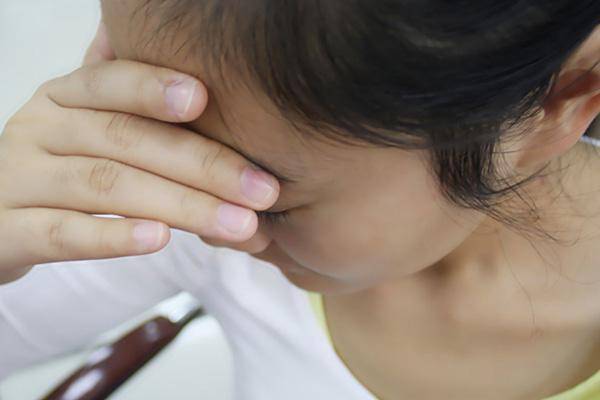Depression is the most common mental disorder and psychological health issue, affecting millions of people globally. Many times, those around us, such as family, friends, colleagues, or neighbors, may be experiencing depression without us noticing their struggles. Therefore, the focus will be on exploring the behavioral signs that those around us may be suffering from depression, to help us better understand and support those who may need help, and reduce the occurrence of tragedies!
Firstly, what is depression?
1. Definition of Depression
Depression is an emotional disorder characterized by long-term, severe depressive feelings, loss of interest and pleasure, and negative impacts on daily life.
2. Common Symptoms of Depression
These include low mood, insomnia or excessive sleep, changes in appetite, lack of energy, self-deprecation, difficulty concentrating, and even thoughts of suicide or self-harm.
Next, behavioral signs that those around us may have depression:
1. Social Withdrawal
Individuals with depression may actively avoid or refuse all social activities with others, including canceling appointments, not attending gatherings, and withdrawing from social circles.
2. Noticeable Emotional Changes
Individuals with depression often exhibit feelings of low mood, despondency, irritability, uncontrollable crying, and persistent negative thinking.
3. Loss of Interest and Pleasure
After developing depression, individuals may lose interest in things they used to enjoy, including hobbies, work, favorite leisure activities; in severe cases, they may feel bored, tired, empty, etc.
4. Sleep Problems
Individuals with depression may face sleep disturbances, such as difficulty falling asleep, having vivid dreams, early waking, or oversleeping, which can further exacerbate the person’s physical and mental abnormalities.
Individuals with depression may experience sleep disturbances, early waking, or oversleeping, which can further affect their physical and mental health.
5. Changes in Appetite
Individuals with depression may experience decreased or increased appetite, leading to fluctuations in weight and possible weight-related anxiety.
6. Negative Self-Evaluation
Individuals with depression tend to self-deprecate, self-blame, and hold negative beliefs, feeling useless, helpless, unlovable, etc.
7. Loss of Motivation
Individuals with depression may feel tired, lack energy and motivation, lose interest in daily tasks and work, and may experience memory decline and difficulty concentrating.
8. Physical Symptoms
The presence of depression may also lead to a range of physical symptoms in individuals, including headaches, stomach aches, digestive issues, muscle pain, etc.
Lastly, how can we properly support those around us?
1. Provide Support and Understanding
For those around us, we can show care and listening, express our support and understanding.
2. Encourage Seeking Professional Help
Encourage or accompany those around us to seek professional mental health help, such as counseling, psychiatrists, etc.
3. Help Establish Healthy Habits
Help those around us develop and maintain a regular routine, engage in physical activities, social interactions, and maintain a healthy diet.
4. Provide Substantial Help
Assist those around us in managing daily tasks to alleviate their mental and physical burdens and stress.
5. Maintain Communication
Stay in touch with those around us, monitor their well-being, and provide support and encouragement regularly.
Depression may affect those around us, but they often silently face their challenges. By recognizing the behavioral signs of depression, we can better identify, understand, and support those who may have depression. Providing care and understanding, encouraging them to seek professional help, and offering substantial support, could be significant forces to help them emerge from the shadows of depression!
#Sister Rest Easy#


